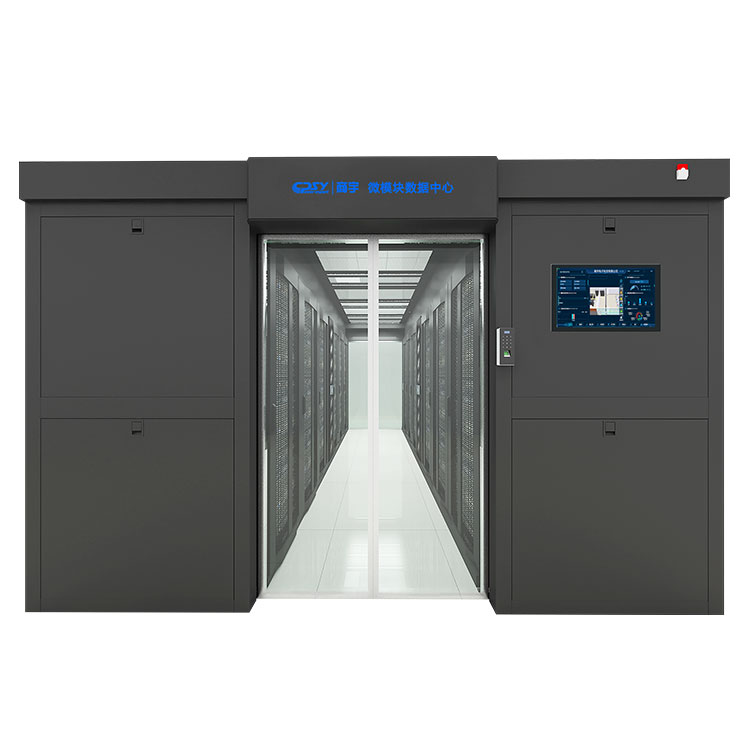What Is a Micro Data Center and Why Is It Gaining Popularity?
2025-07-01
Micro Data Centers (MDCs) are becoming increasingly essential in today’s fast-paced, data-driven world. As businesses demand more computing power at the edge, MDCs offer a compact, efficient, and scalable solution for data processing and storage needs closer to the source of data generation. But what exactly is a micro data center, and why is it gaining so much attention?

What Is a Micro Data Center?
A Micro Data Center is a small, self-contained facility that includes all the components of a traditional data center—such as servers, storage systems, cooling, power, and security—within a compact footprint. These units can range in size from a single rack to a few cabinets and are often preassembled and ready for quick deployment.
Why Are Micro Data Centers Becoming Popular?
The surge in IoT devices, 5G networks, and edge computing has created a need for real-time data processing. Micro Data Centers address this need by bringing computation closer to the user or device, thereby reducing latency and improving performance. They are particularly useful in remote locations, retail environments, industrial settings, or any place where traditional data centers may not be practical.
What Are the Key Benefits of Micro Data Centers?
1. Reduced Latency:
By processing data near the point of use, MDCs significantly cut down on latency, which is critical for real-time applications like autonomous vehicles, telemedicine, and smart factories.
2. Easy Deployment:
Micro Data Centers are often prefabricated and modular, meaning they can be deployed rapidly with minimal setup time. This makes them ideal for temporary events, military operations, or emergency response.
3. Cost Efficiency:
MDCs offer a lower total cost of ownership compared to building a full-scale data center. They require less physical space and consume less power and cooling resources.
4. Scalability and Flexibility:
Organizations can add more MDCs as their needs grow, without the heavy capital investment associated with traditional data centers. This modular approach supports incremental expansion.
5. Enhanced Security and Reliability:
These units are typically equipped with advanced physical and network security features. Many also include monitoring systems to ensure uptime and reliability even in harsh environments.
Where Are Micro Data Centers Used?
Micro Data Centers are used across a wide range of industries, including:
Healthcare:For local data storage and analysis in hospitals or clinics.
Retail:To support in-store applications like customer analytics and smart checkout systems.
Manufacturing:In factories for controlling and analyzing equipment in real-time.
Telecommunications:For local caching and network optimization in 5G and IoT deployments.
Conclusion
As the demand for fast, reliable, and localized data processing grows, Micro Data Centers are emerging as a critical solution for modern IT infrastructure. Their portability, efficiency, and edge-ready design make them ideal for industries that need to manage data close to where it is generated. In an era of digital transformation, micro data centers represent a powerful step forward in bringing computing power to the edge.


